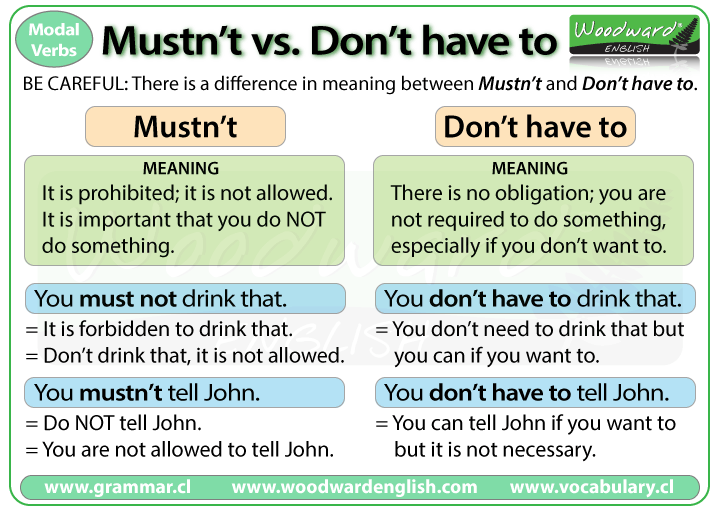ANAYA, LIBRO INTERACTIVO 6º CABALLERO DE LA ROSA

ENLACE DIRECTO AL LIBRO INTERACTIVO http://www.anayaeducacion.es/index_alumnado.php




What do you want for dinner tonight? (wish or desire)
The kitchen wants painting. (needs)
You want to get your tickets soon before they’re all sold out. (I advise you to)
A:D’you want a drink? I’ve just made some coffee. (noun object)B:Oh, yes, please.
Not:D’you want?
She said I could have her old bike, but I don’t want it. (pronoun object)
Not: …but I don’t want.
This is a new kind of fruit juice I got. D’you want to try it? (to-infinitive)
Not:Do you want try it?
The teacher wants her to do the exams again next year. (object + to-infinitive)
Not:The teacher wants that she does the exams…
A:Is Elsa going to France with you?B:No. She doesn’t want to. (She doesn’t want to go [to France].)
Not:She doesn’t want.
He wanted to leave school at sixteen, but his parents didn’t want him to.
I want you to tidy your room before the visitors come.
Not:I want that you tidy your room…
You don’t have to stay for the whole lecture. You can leave wheneveryou want. (or … whenever you want to.)
A:Would you like some of these carrots from our garden?B:Oh, yes, please.A:Take what you want.
She can park her car at our house, if she wants.
He doesn’t have to stay the night if he doesn’t want to.
Customer:We’re wanting to buy a new TV, but we’re not sure what to get.Assistant:Okay, sir. Let me show you some of them.
I was wanting to ask you something. Are you free right now?
We’d been wanting to go to New Zealand for years, so his sixtieth birthday was a good excuse.
Now that she’s a teenager she’s wanting expensive things, you know, computers, clothes, sports stuff.
Your hair wants cutting. (needs to be cut)
That cupboard wants clearing out.
Have you got any shirts you want washing? (which you want to have washed)
You want to be careful riding your bike in town. There’ve been some bad accidents lately. (you should be careful)
What you’ll want to do, you’ll want to take that bit off and clean it with oil or something.
.gif)


